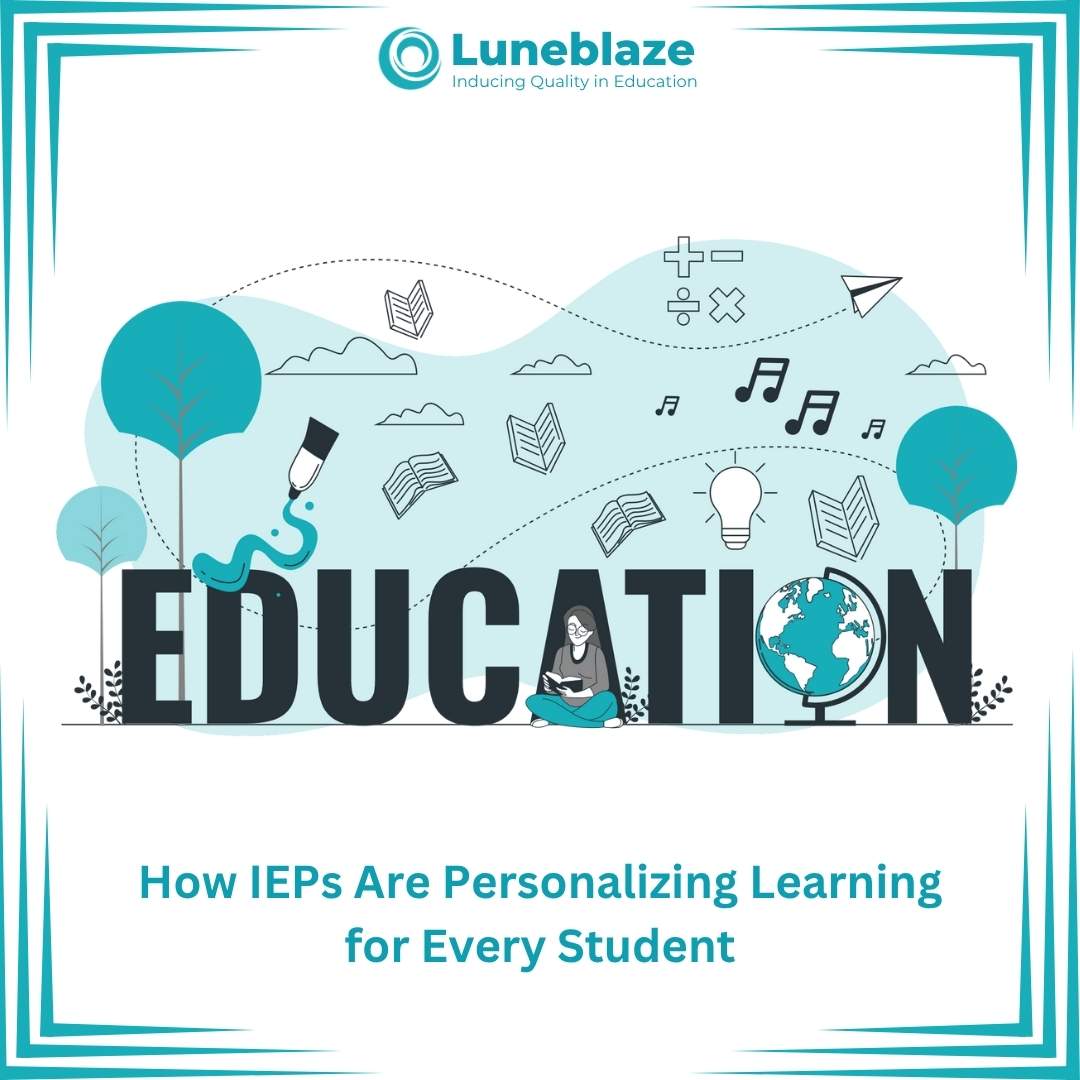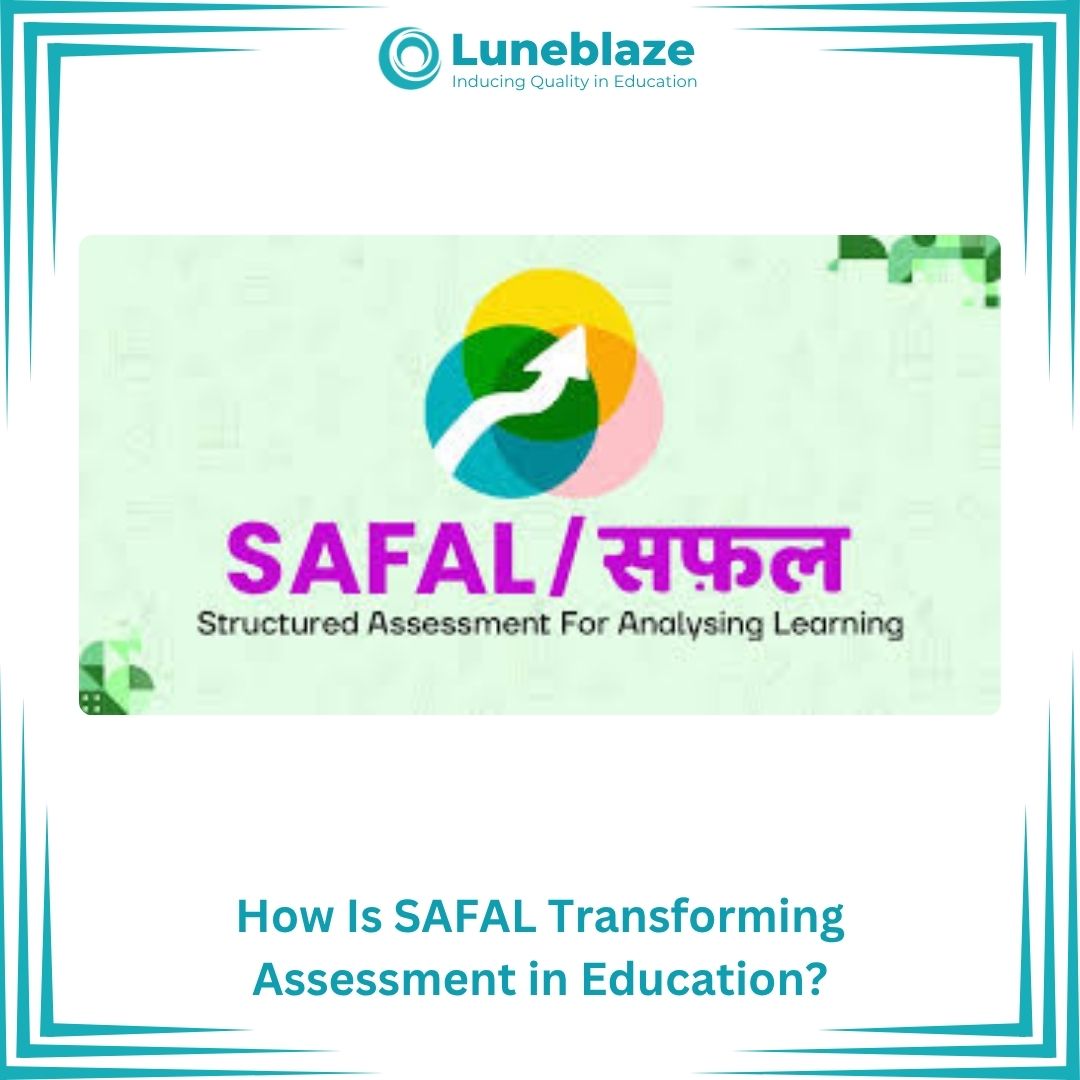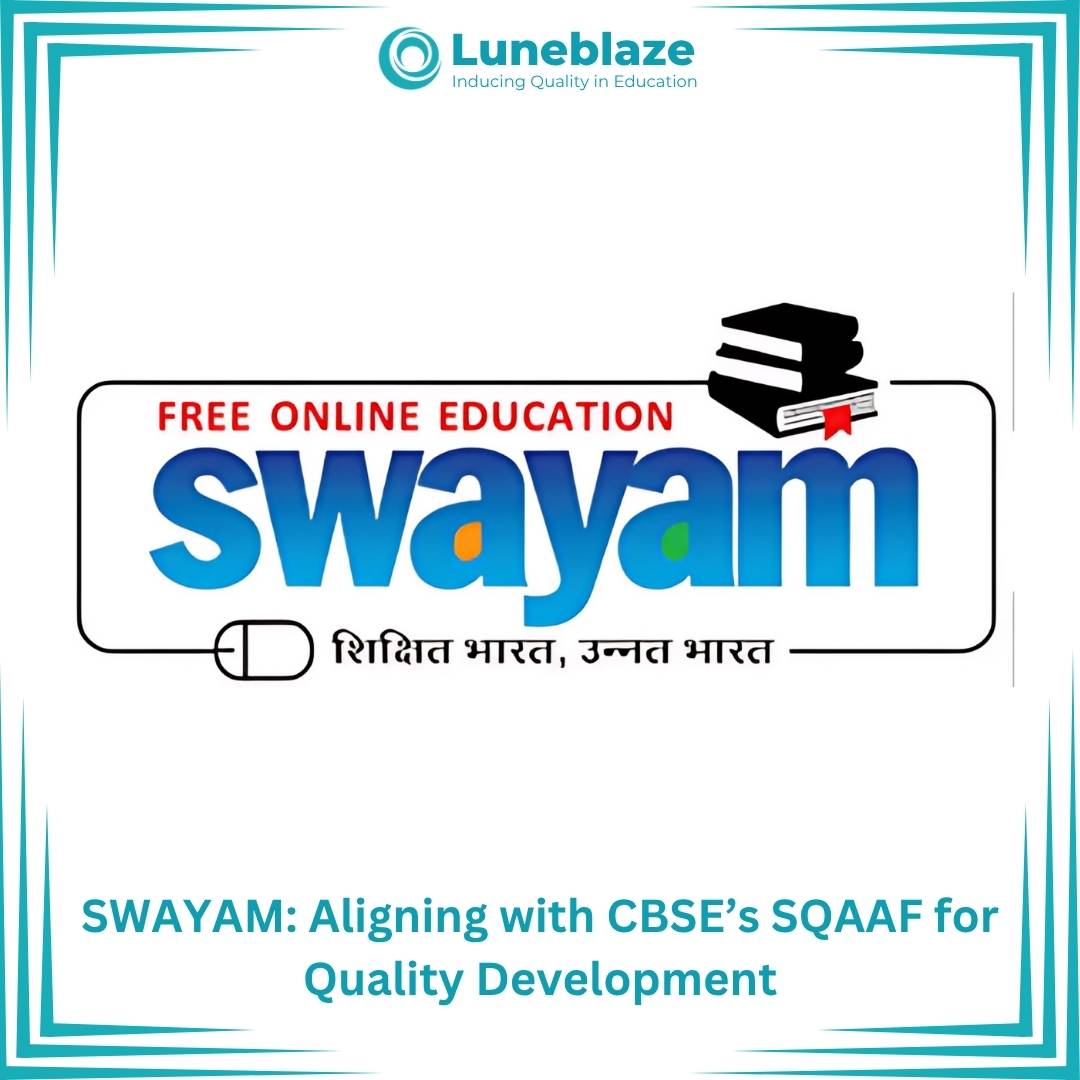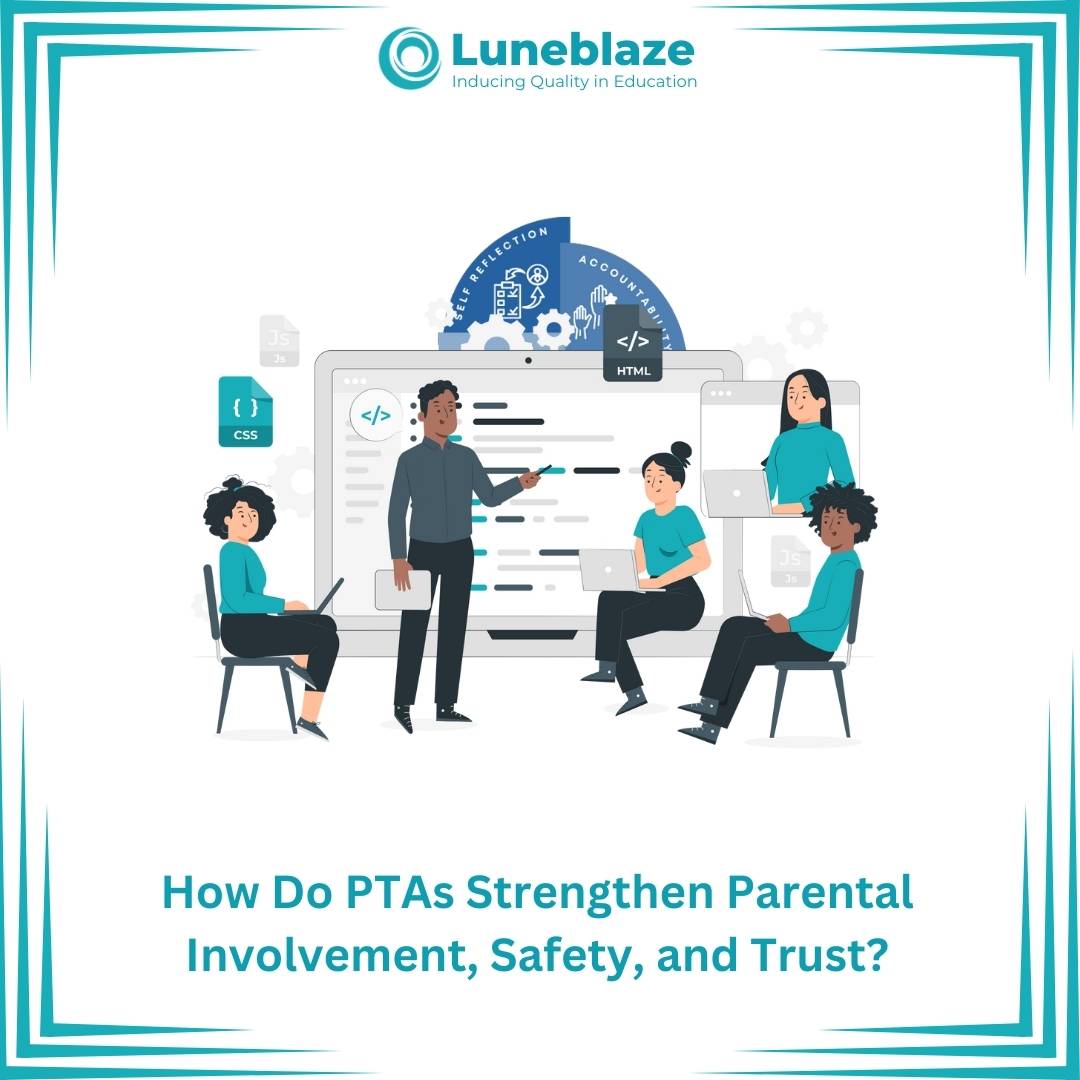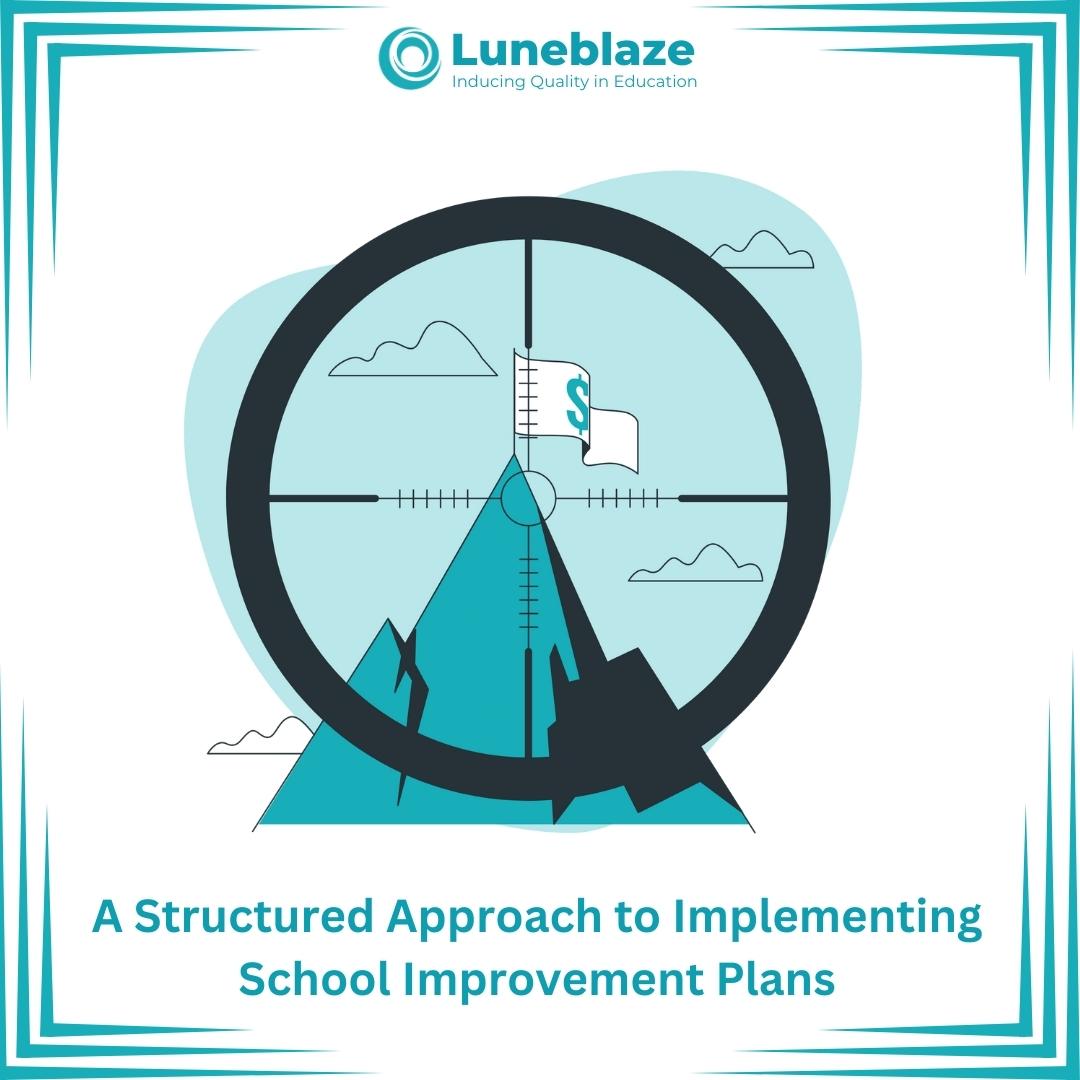Core Learning Team for SQAAF - CLT?
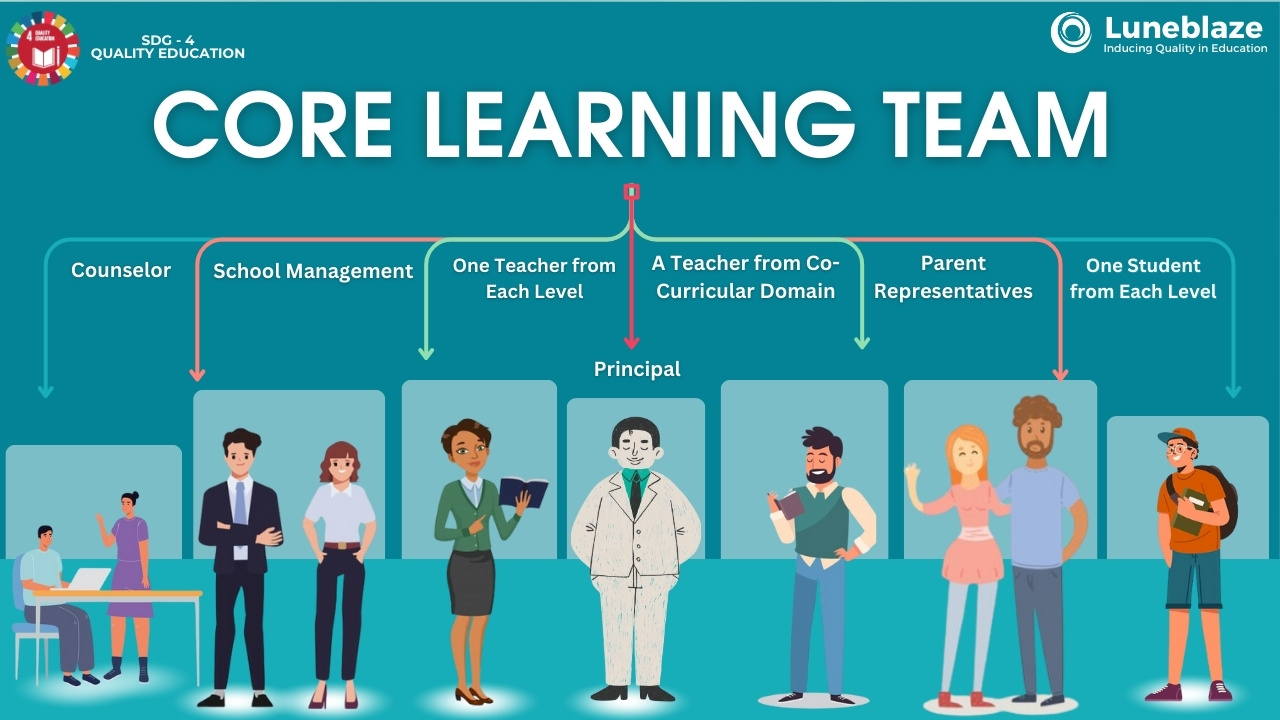
10 Nov 24
Imagine a school where every teacher, student, parent, and staff member works together with a shared goal to elevate the quality of education and create an environment where students can thrive. This collaborative effort comes to life through the school quality assessment and assurance framework (SQAAF), a dynamic process that involves everyone in the school community.
At the heart of this process is the core learning team (CLT), a diverse group of individuals who assess, reflect, and strategize for continuous improvement. The result? A school that’s always evolving and providing the best for its students.
Now, let’s dive into how the SQAAF self-assessment and implementation process unfolds and why the active involvement of the entire school community is key to achieving lasting success.
SQAAF self-assessment and implementation is an ongoing process that is beneficial for the growth and development of any school. To make this process effective, it is crucial for school leaders, including the management and principal, to actively involve school staff and stakeholders.
One effective way to ensure broad participation and a holistic approach to SQAAF implementation is by establishing a core learning team (CLT), or the school quality assessment and assurance committee.
Core learning team (CLT) plays a central role in the self-assessment process, evaluating the school’s performance across the seven key domains and working closely with the peer assessor team during the external evaluation phase of SQAA framework.
The core learning team is composed of a diverse group of members to ensure that all perspectives are represented in the assessment process. This team typically includes a representative from the school management, who ensures the alignment of the self-assessment with the school’s strategic goals.
The principal is also an essential member of the team, as their leadership ensures that the assessment is meaningful and contributes to the school’s long-term development.
Teachers from each educational level—primary, middle, secondary, and senior secondary (5+3+3+4) —bring their unique insights to the process, ensuring that the assessment addresses the specific needs and challenges faced at each stage of the educational journey.
Students from each level (5+3+3+4) are included as representatives to ensure their voices are heard. Their feedback is invaluable, as they experience firsthand the effectiveness of teaching methods, the learning environment, and the support provided by the school. Parent members, typically from the parent-teacher association, also play a vital role in the process, offering an external perspective on the school’s performance and ensuring that parental concerns are considered in the improvement plan.
In addition to these key members, the team also includes a teacher from the co-curricular domain. Co-curricular activities are an important part of a student’s development, and having a representative from this area ensures that these activities are also evaluated for their contribution to the school’s overall educational quality. A school counsellor’s involvement is crucial, as they offer insights into the emotional, social, and psychological well-being of students. Special educators or health professionals are included to ensure that the needs of students with disabilities or health concerns are addressed, promoting an inclusive environment.
A representative from the administration is also part of the core learning team, ensuring that the logistical and operational aspects of the school’s self-assessment and improvement plan are managed efficiently. This collaboration between teaching, administrative, and support staff strengthens the process and ensures that all aspects of school life are considered in the evaluation.
Through the SQAAF self-assessment process, the core learning team identifies areas of strength and areas for improvement within the school. This process involves reviewing various domains. Once the self-assessment is completed, the team works with the peer assessor team during the external evaluation phase to verify the findings and provide an objective analysis of the school’s performance. This external evaluation is an essential part of the process, offering unbiased feedback that helps to refine the school’s improvement plan and set concrete goals for the future.
Ultimately, the success of the self-assessment and school improvement planning process depends on the collaboration of all members of the school community. By forming a core learning team that includes representatives from all aspects of the school, the process becomes more inclusive and ensures that every angle is considered. This holistic approach to school improvement allows for a more accurate evaluation of the school’s strengths and challenges, leading to targeted actions that drive meaningful progress.
In conclusion, the core learning team is a vital component of the school’s journey toward improvement. With its diverse membership, the team ensures that the perspectives of all stakeholders are included, leading to a more effective and inclusive approach to school improvement. This collaborative effort helps create a stronger, more responsive educational environment that benefits both students and the broader school community, ultimately fostering long-term success for the school.
To further support schools in their SQAAF journey, Luneblaze provides a comprehensive end-to-end solution to schools for all their accreditation criteria needs be it documents & evidence creation, self-assessment filing support on CBSE SQAAF portal, faculty trainings, audits and consultancy support. With the help of Luneblaze’s AI enabled solutions, institutions can organize and manage all their data related to accreditation and assessments like SQAAF for schools.
Together, let's raise educational standards. Partner with Luneblaze for SQAAF success. Reach out: sqaa@luneblaze.com
Trusted by
100+
Institutions
worldwide
since 2017
Get started with Accreditation Excellence
Explore how our AI-enabled accreditation solution simplifies the accreditation journey

